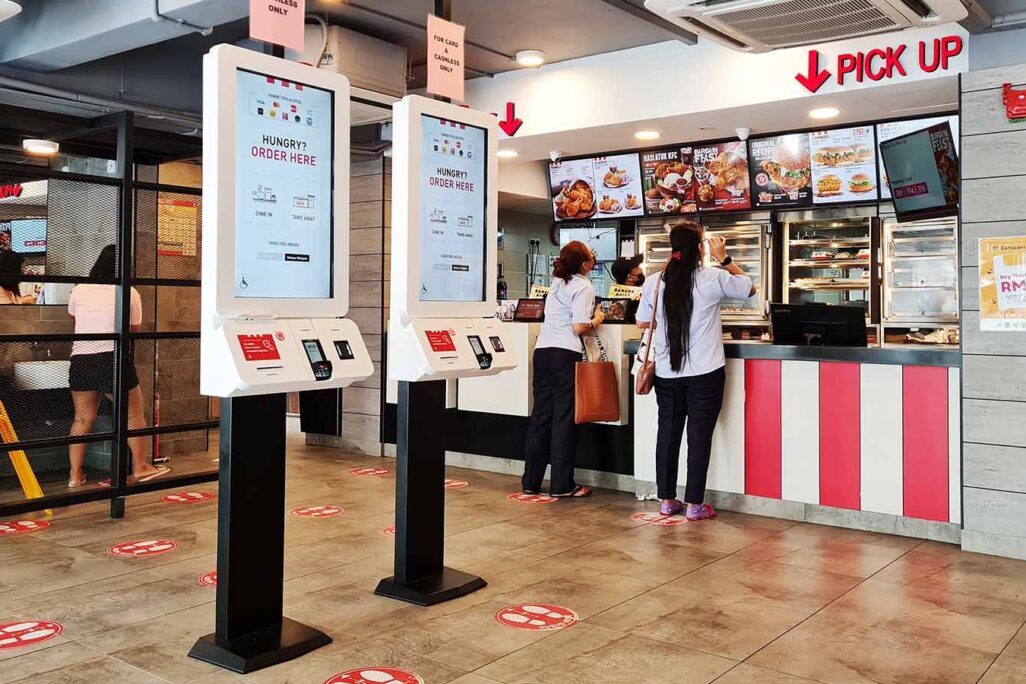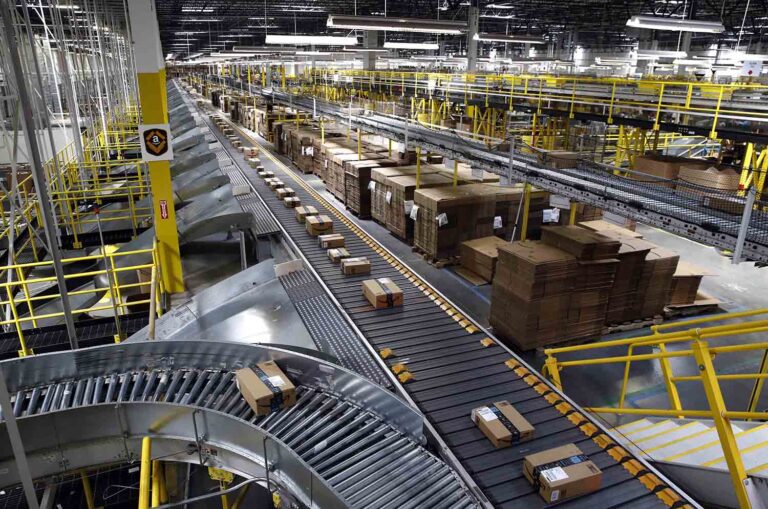
New technologies are changing the retail sector at a rapid pace, and trade unions must respond in order to catch up, according to a study done for UNI, the global union for the skills and services sectors.
The study, conducted in February this year and published last week, examines the effects of using artificial intelligence, digitization and automation in European retail chains, and includes recommendations to trade unions on how to deal with the changing reality.
Among other things, the report's authors recommend centering the duty of consultation and joint decision-making with workers into collective bargaining agreements and regulations on issues of automation and the adoption of advanced technologies. It also proposes promoting professional training, retraining and professional upskilling, to require greater transparency in relation to the use of technology.

The report’s authors call on unions to more closely cooperate with consumers and civil society organizations in order to encourage employers to behave responsibly toward consumers and workers alike, and to push for regulation that will protect workers in the face of technological change.
The retail sector is the largest employer in the private sector in most European economies, but it suffers from relatively low productivity, little investment and poor working and wage conditions. The bargaining power of the workers in the field is weak, and the rate of unionization is low. The COVID-19 pandemic has accelerated the trend of automation and the use of advanced technologies in the industry, many times in order to avoid physical proximity or to deal with a shortage of workers.
The adoption of new technologies has advantages for companies and consumers, but it is often seen as a threat to workers. However, research suggests ways in which change can benefit workers. Technology can allow for greater flexibility in the timing and location of work, and more repetitive, abrasive or physically difficult tasks can be made redundant. The adoption of advanced technological methods can also enable retailers to survive in an intense competitive environment, thereby protecting jobs.
However, the study warns that the realization of these benefits will depend on the extent to which workers have the ability to decide on how the new technology is used.
The study identified four main processes that unions need to address:
Intensification of competitive pressures: The transition to e-commerce in multiple channels simultaneously is leading to an intensification of competitive pressures and requires companies to adopt new technologies. Large, established companies will have a better chance of succeeding, while small companies without high technological capabilities may be forced to close. In the long run, this can potentially have the perverse effect of reducing competition in the industry, which will change employment structures – large chains that employ tens of thousands of workers will be strengthened, while small, independent retailers whose number of workers are in the single digits will be wiped out.
Employment restructuring and job change: Automation and the transition to online sales is leading to a greater focus on logistics within the retail sector, such as in warehouse management and in the delivery of goods. Traditional retail jobs are making way for warehouse and delivery jobs, which are often characterized by unpredictable hours and risky working conditions.
Surveillance, control, transparency/accountability and privacy: E-commerce, cashless payments systems, task allocation, scheduling and predictive marketing systems often involve extensive gathering of data. This raises concerns about harmful forms of worker surveillance and monitoring. This can be seen, for example, at Amazon, where worker performance is constantly monitored.
In addition, automated decision making by a data-based algorithm is not transparent to workers, and often leads to situations where workers do not understand the decisions that are made, and cannot appeal them.
Overconsumption, debt and the environment: The extreme convenience of e-commerce, combined with predictive marketing by technological means, and the limited credit flow of some customers, can have negative consequences for the environment and lead to increased risk of indebtedness among some consumers. This is not an obvious labor issue, but low-wage workers in retail are also consumers who may be in debt.
This article was translated from Hebrew by Benji Sharp.






